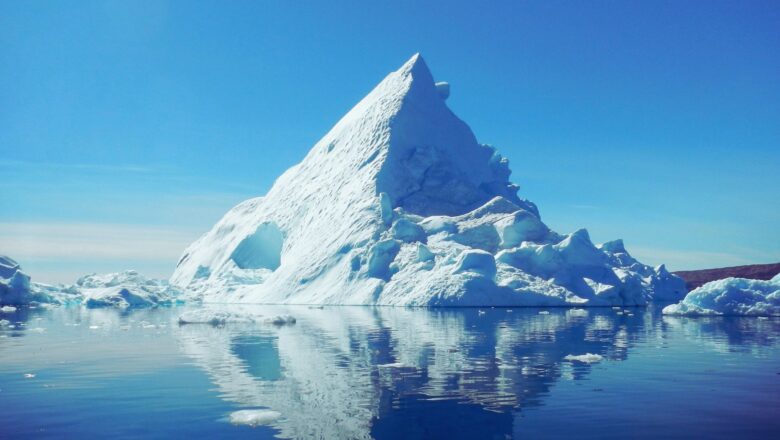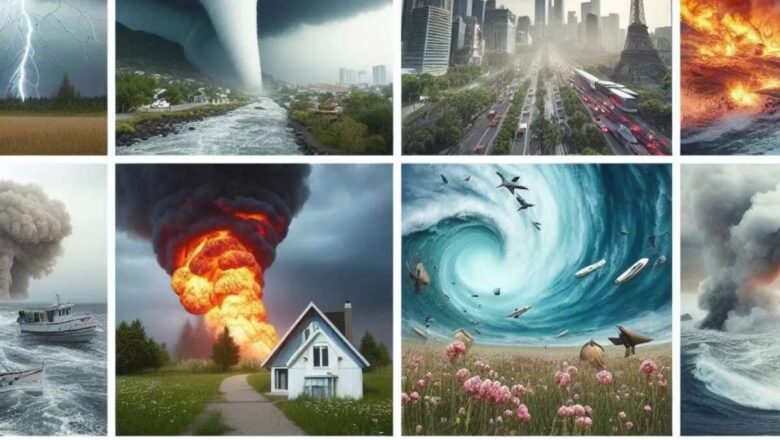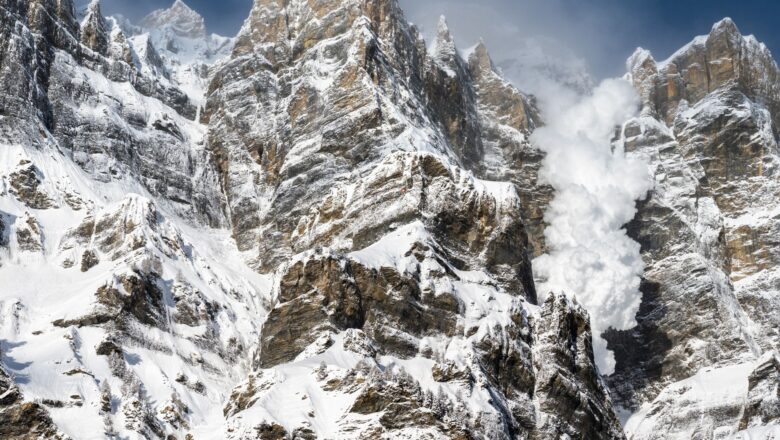
Arctic Sea Ice Hits Record-Low Winter Peak, Raising Climate Alarms
Arctic sea ice has reached its lowest winter maximum ever recorded, sparking renewed concerns over the accelerating impact of climate change. According to NASA and the National Snow and Ice Data Center (NSIDC), the Arctic's sea ice extent peaked at 14.33 million square kilometres on March 22, 2025, marking the lowest winter maximum since satellite records began in 1979. This figure falls below the previous record low of 14.41 million square kilometres in 2017 and is a staggering 1.32 million square kilometres below the 1981–2010 average an area larger than California.
At the same time, Antarctic sea ice reached its second-lowest annual minimum on March 1, 2025, measuring just 1.98 million square kilometres, contributing to a global sea ice coverage record low in February. The implicatio...






